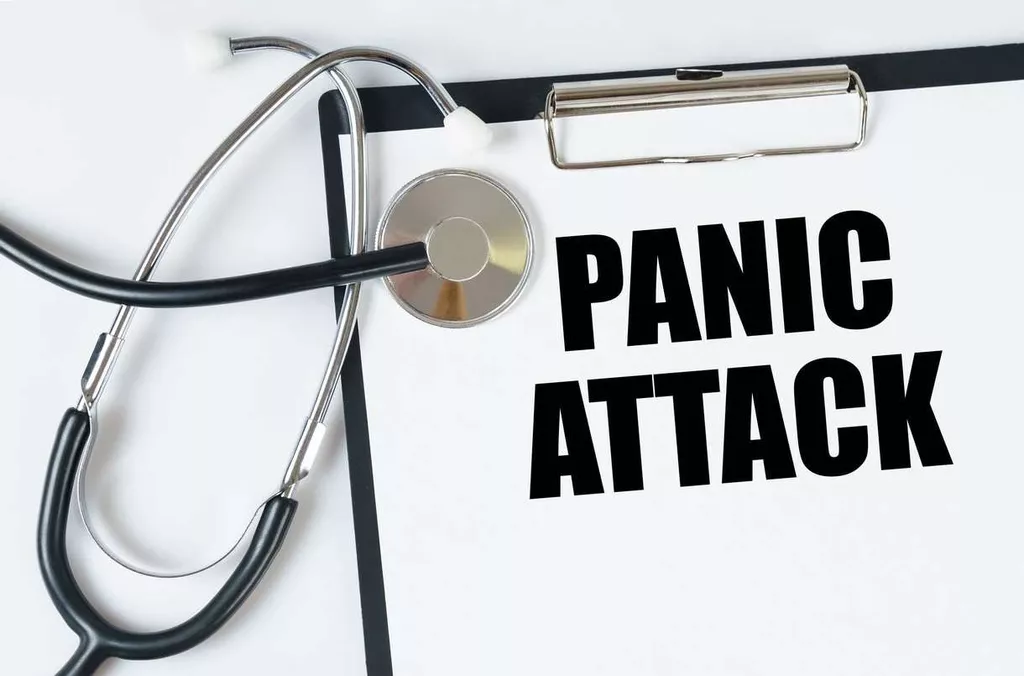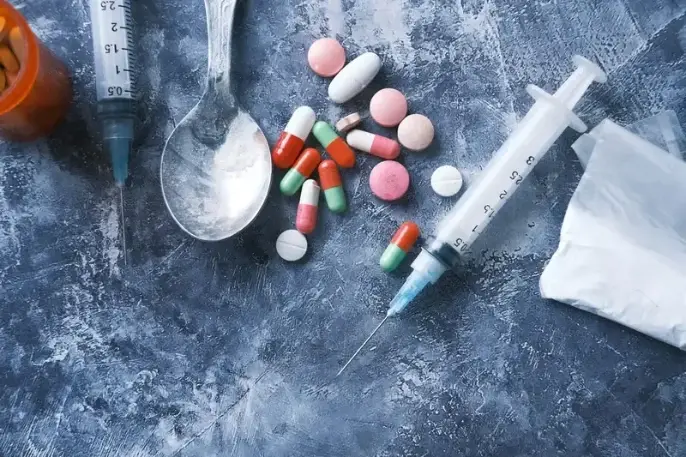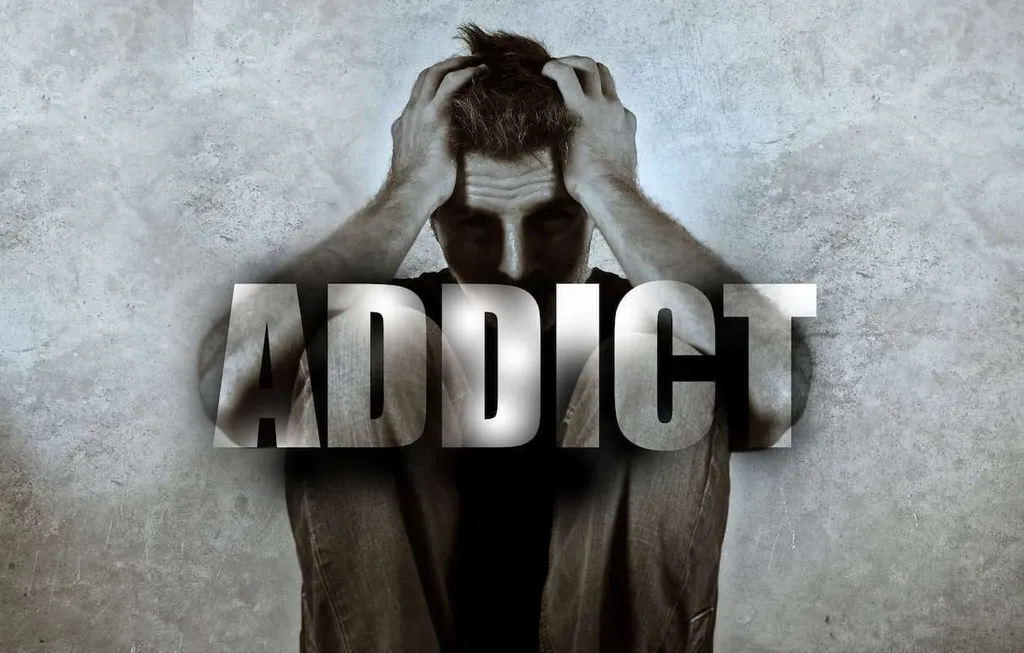
Whether you’ve recently noticed an increase in belly fat or have started to see the numbers on the scale creeping up, it may be time to address your alcohol consumption. “Alcohol can stimulate the appetite, leading to overeating or choosing high-calorie food does alcohol make you gain weight whether at home or at restaurants.” Increased hunger and a decreased will to make good choices? Perhaps it’s for the greater good that you don’t order that third round after all. Drinking in excess can impact your decisions— and not just whether to text your ex.

Health Categories to Explore

Due to factors like hormone changes, increases in appetite, fat-burning inhibition, inflammation, and more, alcohol can definitely cause weight gain. However, like all things in the world of nutrition, this is not true for everybody. While cutting out alcohol can reduce your calorie intake and potentially lead to weight loss, it largely depends on your overall eating habits and activity level.
Does alcohol make you gain weight?

This disruption can have an impact on energy levels and body weight. When you drink alcohol, it affects the digestive system, inhibiting https://ecosoberhouse.com/article/cure-for-alcohol-withdrawal-symptoms/ the absorption of nutrients from the food you consume. When you consume alcoholic beverages, your liver prioritizes breaking down the alcohol rather than burning fat or carbohydrates for energy. This shift in metabolic focus means that the calories from the alcohol are more likely to be stored as body fat. Eat more protein when consuming alcohol instead of carbs and sugars. Your body will feel fuller and you’ll boost your metabolism by eating high protein foods.

Heart-Healthy Foods: The Ultimate Shopping List
Damaged DNA can cause a cell to grow out of control, which results in cancerous tumors. Pancreatitis can be a short-term (acute) condition that clears up in a few days. But prolonged alcohol abuse can lead to chronic (long-term) pancreatitis, which can be severe.
- Men tend to drink more than women, which can result in more weight gain.
- The article discusses how alcohol affects your body weight and why you gain weight when you drink too much.
- However, it can be harmful to anyone drinking alcohol excessively, as this also might lead to an increase in visceral fat, which wraps itself around vital organs such as the liver.
- If you want a happier, more stable life, one of the BEST things you can do for yourself is quit drinking alcohol.
How long does alcohol stop fat burning?
- Keep reading to learn how alcohol can impact your weight and what some low-calorie drink options are for a night out on the town.
- This can occur due to a variety of factors, from excessive consumption of calorie-laden beverages to increasing your cravings for unhealthy foods.
- A glass of regular beer contains around 150 calories, while a serving of wine has about 120 calories.
- You may consider opting for a mixed drink that has little to no added sweeteners, like a vodka soda or regular martini.
- For example, one 12-ounce pint of a stout beer provides about 220 calories, which is the same as eating a snack with three tablespoons of hummus, ten baby carrots, a stalk of celery, and an apple.
A registered dietitian can help you navigate the many dietary factors that influence weight, including calories from alcohol. Still, alcohol affects people differently, and there’s no way to determine how it will affect someone’s body mass index (BMI). A recent animal study found that mice given ethanol over a period of three days demonstrated a what is Oxford House significant increase in food intake. This study suggests that alcohol can actually trigger hunger signals in the brain, leading to an increased urge to eat more food. The study showed that when mice were given doses of ethanol, they increased their food intake over time. The results exhibit how alcohol can activate hunger signals in the brain, increasing the urge to eat.
What is Wet Brain? Symptoms Every Heavy Drinker Should Know
Beer is carbonated, so it can lead to excess gas in the stomach and bloating. Mixing alcoholic drinks with carbonated beverages (soda or seltzer) could also result in excess gas. Before Fong conducted research into this topic, she would advise those she worked with as a dietitian to cut calories by moderating their alcohol intake. I think I still would because it still could have other benefits, with a bonus being weight loss,” she says. But when cortisol levels are constantly high, it can lead to weight gain. That’s why some people report gaining weight after a period of constant stress.
- Alcohol is high in empty calories and promotes fat storage, particularly around the abdomen, which is linked to insulin resistance.
- They break down food into the basic macro- and micronutrients that are absorbed and used by the body.
- You do not have to forego alcohol entirely to control your weight.
